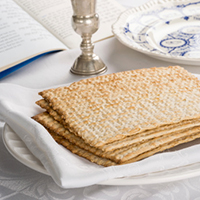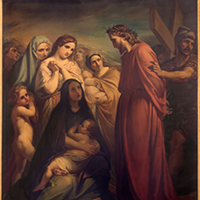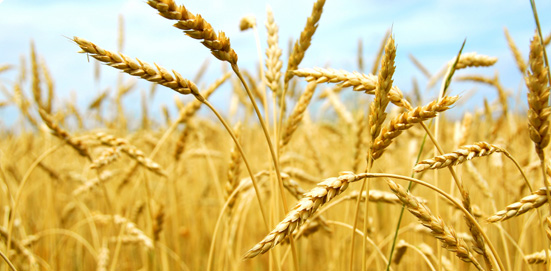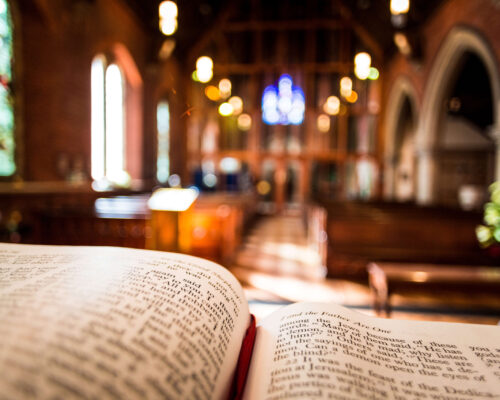Latest Resources

Pesach: The Feast of Unleavened Bread
Festivals played a significant role in Jesus’ ministry. Pesach, or Passover, was no exception. Read more about this important festival here. Pesach, or Passover, is the second and probably best known of the three ancient biblical pilgrimage festivals to the sacred Temple in Jerusalem. It occurs in the spring, and it follows by several months the festival of Sukkot, which…
READ MORE
Disasters (Plagues)
At times God must punish his people for disobedience. Sometimes God executes this punishment through disasters and plagues. The most famous plagues occur in Exodus, but there are also accounts of plagues in the time of Abraham and David. In the Bible, God sometimes sends disasters (plagues) to punish evil-doers, to show his chosen people that he is angry because…
READ MORE
Passover and the Festival of Thin Bread
What do the exodus and Jesus’ death have in common? The Passover. Find out more about the significance of this Jewish holiday and how it was celebrated. These two special spring festivals were brought together in the Jewish calendar long before the time of Jesus. Passover was celebrated to remind the people of Israel how God rescued them from slavery…
READ MORE
Prostitution in the Bible
The Law of Moses forbade prostitution, but the image of a prostitute is used several places in the Bible (Exodus 16, Hosea, Revelation 17). Two different kinds of prostitute are found in biblical stories. First are those who offered to have sex with men to earn money or to get some personal favor. Some women may have become prostitutes as…
READ MORE
The Sacred Tent
Before the King Solomon built the temple, worship in Israel revolved around the Sacred Tent, or Tabernacle. Read about the origin of this tent and its role in the Israelites’ worship practices.When God gave Moses the Law at Mount Sinai, God also gave him instructions for making a sacred tent of meeting, also known as the “tabernacle” (Exodus 25:1–27:21; 36:1–38:31).…
READ MORE
Shavuot: The Feast of Weeks
The covenant defined God’s relationship with his people, and Shavuot celebrates this covenant relationship that appears in Exodus 24. Shavuot (the plural version of the Hebrew word shavuah, or "week") is the third and last of the annual, weeklong biblical pilgrimage festivals to the holy Temple in Jerusalem, the capital of the Israelites. Many scholars think that Shavuot has roots…
READ MOREGod’s Word heals and brings hope
Your generosity will give the gift of Scripture to people worldwide who need its life-changing message.








